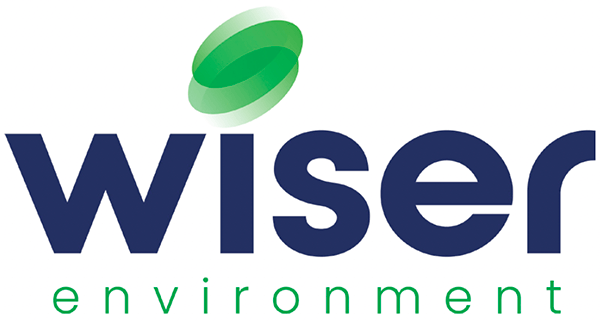Fair and Efficient Procurement
At Wiser Environment, we know that a fair and efficient procurement process is essential in order to make sure projects are completed on time and within budget. In the case of the golf club establishment in St Ives, we were tasked with preparing and managing a procurement process for the import of earthworks materials in 2022.
The golf club is situated on the outskirts of Cambridge, UK. The club is currently in the process of expanding its facilities to construct a new 9-hole golf course. In order to facilitate the construction of the golf course, they asked our team to lead the earthwork procurement project.
In order to ensure that the bids were judged fairly and that the most economically advantageous offer could be chosen, we organised the tender activity and established evaluation criteria that included price, quality of materials, delivery schedule and level of service. By adhering to a strict procurement process, we were able to help the golf club to continue to meet their legal obligations and environmental ambitions.

What is a Procurement Process?
A procurement process is the set of processes and activities that an organisation undertakes in order to acquire goods or services from an external source. A good procurement process should be fair and open, so that all vendors or suppliers have an opportunity to compete for the contract. It is also important that the process is transparent, so that bidders can see how they are ranked and what criteria are being used to make the decision. This helps to ensure that there is no bias in the selection process, and that the best vendor or supplier is chosen based on merit alone.
The main steps in a typical procurement process include:
- Planning: The first step in any procurement process is to establish what exactly is required by organisations like the Cambridgeshire golf club. This includes defining the scope of work, identifying potential suppliers, and setting timelines.
- Request for Information/Request for Quotation: Once the planning stage is complete, we help our clients to issue a Request for Information (RFI) or Request for Quotation (RFQ) to potential suppliers. This document will outline what is required from potential suppliers and provide instructions on how to submit a bid.
- Evaluation: The bids received from potential suppliers will then be evaluated against pre-determined criteria in order to choose the most advantageous option.
- Contract Award: Once a decision has been made, a contract will be awarded to the successful bidder outlining the terms and conditions of the agreement.
- Delivery/Execution: The final stage of the procurement process is delivery/execution, during which time the successful bidder will fulfil their contractual obligations.
- Closeout/Payment: Once delivery/execution is complete, closeout/payment can be finalised and both parties can move on to other projects.
A fair and efficient procurement process is vital in order to ensure that projects are completed on time and within budget. By following a strict set of procedures, organisations can ensure that they are adhering to their legal obligations and environmental ambitions.
If you require assistance with managing a procurement process, get in touch with Wiser Environment today. We have years of experience helping organisations procure environmentally friendly products and services, ensuring that their projects run smoothly from start to finish.

